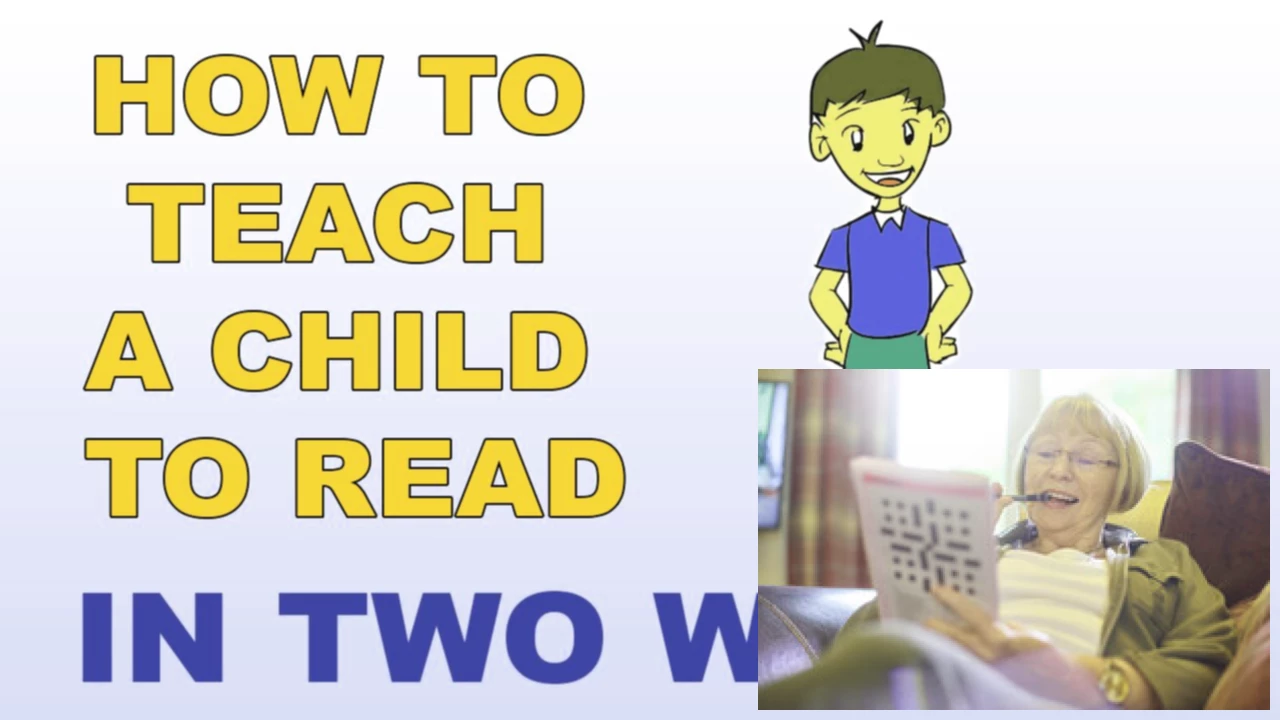How to Improve Reading Skills and Memory After 50
Did you know that over 50% of adults over 50 experience some form of cognitive decline? This doesn't mean your brain is "going bad"; it means it's time to proactively engage in brain-boosting activities. Learning never stops, and it's never too late to sharpen your mind and unlock your potential.
Many adults over 50 express a desire to improve their reading comprehension, enhance memory skills, and even learn a new language like English. But where do you even begin? This article explores practical strategies and resources tailored to your needs, offering a pathway towards lifelong learning and cognitive wellness.
Let's dive into simple yet effective methods:
- Read Regularly: Even 15 minutes a day makes a difference.
- Choose Engaging Material: Select books, articles, or online content that genuinely interests you.
- Use Active Reading Techniques: Highlight key points, take notes, and summarize chapters.
- Join a Book Club: Discuss ideas with others to enhance comprehension and retention.
Now, let's delve into memory techniques. Just as physical exercise strengthens muscles, mental exercises strengthen your brain. How can we achieve this? By actively engaging in memory-boosting activities. It's not just about rote memorization; it's about creating strong neural connections.
| Technique | Description | Example |
|---|---|---|
| Chunking | Breaking down information into smaller, manageable units. | Remembering a phone number by grouping digits (e.g., 555-123-4567). |
| Mnemonics | Using memory aids like acronyms or rhymes. | ROY G. BIV (colors of the rainbow). |
Simple Ways to Learn English Alone
English Learning Resources for Seniors
Learning English after 50 is absolutely achievable. Many free online resources cater to adult learners. Don't be intimidated; embrace the journey! Numerous apps, websites, and online communities offer structured lessons and interactive exercises. The key is consistency and finding a method that suits your learning style.
Memory Techniques for Seniors and Adult Learners
Remember that learning a new language is a fantastic cognitive workout! It improves memory, sharpens focus, and challenges your brain in exciting ways. Think of it as a mental gym membership – the more you engage, the stronger your brain becomes. Think of the satisfaction of understanding a new language – it’s incredibly rewarding!
What about improving reading skills at home? Simple changes can make a significant difference. For instance, creating a dedicated reading space, free from distractions, can improve focus. Consider joining an online book club to engage in discussions and enhance comprehension. Isn’t that a great idea?
The benefits of continuous learning extend far beyond improved memory and reading skills. It boosts self-confidence, stimulates mental agility, and combats age-related cognitive decline. It enhances your social connections, opens new avenues for personal enrichment, and strengthens cognitive resilience. How can you resist such a remarkable opportunity?
But how do we stay motivated in the face of challenges? The key is to set realistic goals, celebrate milestones, and focus on the positive impact of each step forward. It’s like climbing a mountain; focus on each small step, and the summit will soon be in view. Set achievable goals, and don't hesitate to reward yourself for each accomplishment.
"The best time to plant a tree was 20 years ago. The second best time is today." – Chinese Proverb. This proverb perfectly encapsulates the spirit of lifelong learning. It's never too late to embark on a journey of self-improvement.
Education for Over 50s: Online Resources
Numerous free online resources cater to the specific needs of older adults who wish to learn. These resources often emphasize a patient approach and adapt to various learning styles. This means that you can learn at your own pace and according to your strengths.
Frequently Asked Questions (FAQ)
- Q: Is it too late to improve my cognitive skills at 60? A: Absolutely not! The brain is remarkably adaptable at any age. Regular cognitive stimulation can significantly improve memory and other cognitive functions.
- Q: What are the best memory techniques for seniors? A: Techniques like chunking, mnemonics, and spaced repetition are highly effective.
- Q: How can I improve my reading comprehension at home? A: Read regularly, choose engaging materials, use active reading strategies, and discuss what you read.
- Q: Are there free resources for learning English online? A: Yes, many websites and apps offer free English language learning materials.
- Q: What are the benefits of lifelong learning for seniors? A: Lifelong learning boosts cognitive function, combats age-related decline, and enhances overall well-being.

